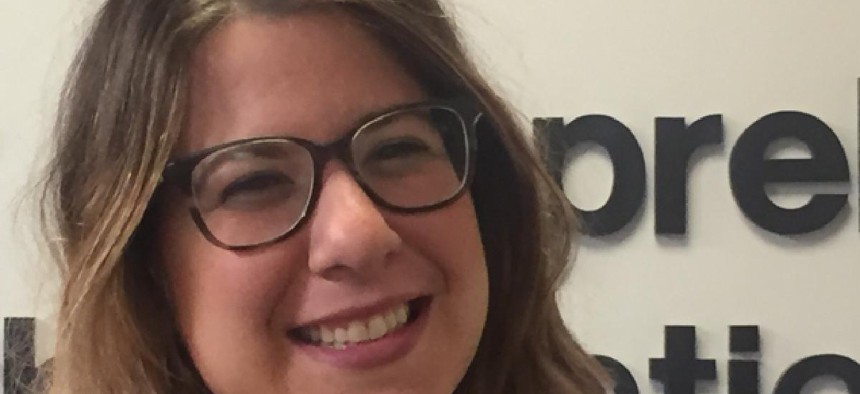Election results stoking your charitable giving? Remember local nonprofits

In the weeks following the 2016 presidential election, the country saw an unprecedented surge in charitable giving – especially to causes that seemed to be under threat because of President-elect Donald Trump’s ideologies. Millions of Americans sent donations to support the admirable work of the country’s largest nonprofits such as the American Civil Liberties Union, Planned Parenthood, International Rescue Committee, and the Sierra Club. The phenomenon was hailed as a “Trump Bump” for fundraising. To put it into perspective, the ACLU received over $15 million in donations within the three weeks after the election and in 2012 raised only $27,806 in the same amount of time.
I work as the director of development for an East Harlem community-based health center and I was hoping to see the same increase – or any increase for that matter – as some of these other larger nonprofits. I thought, “We are on the front lines and fighting the good fight as well. Certainly donations should start piling in.” I sent out emails, wrote an appeal letter that talked about the dire need for donations to support our patients and posted our plea on social media.
Our goal was never to take dollars away from larger nonprofits, but to use this opportunity to spread a message that the uncertainty of the future puts smaller direct service nonprofits such as ours, at just as much – or even more – risk as larger, more widely-known organizations. Unfortunately, we have not seen any increase in donations and we are beginning to worry that donations flowing to larger initiatives will take away from our ability to meet fundraising goals.
I began to wonder if this was unique to where I worked, or perhaps happening to other smaller community-based nonprofits as well. So this past week I spoke with development directors at several New York City nonprofits and discovered to my dismay that we are not alone.
Those of us working directly in the community, with “boots on the ground,” are struggling to come out of the shadows of these larger organizations when it comes to capitalizing on charitable giving in the wake of Trump’s win. Most development departments at small nonprofits – if such a department even exists – tend to be small shops with one to three people at most. Without an outside marketing firm and the resources to reach a wider audience, local community-based nonprofits are often overlooked by donors.
Direct service providers at community-based nonprofits like ours consoled clients days after the election when they felt hopeless and afraid by reassuring them that we will still be here for them regardless of what happens. If policies shift and funding gets cut, we will still be responsible for our clients and we will still provide lawyers who offer free legal services; doctors and nurses to treat patients; and social workers to offer support to their clients in countless capacities. Unfortunately, that promise will be harder to fulfill if the work and value of organizations such as ours continues to be so overshadowed by the name recognition and brand-familiarity potential donors have with larger nonprofits and policy influencers.
By no means am I saying you should not support larger nonprofits. I think they have important missions and deserve your dollars as well. Rather, this is a plea to make sure your contribution list includes at least one local charity.
You can easily find a local nonprofit to support through a simple Google search or by visiting GuideStar.org. If your passion is animals, support a local animal shelter; to support LGBTQ rights, find a local LGBTQ community center or support group; to champion health care and women’s health, contribute to a community health center. The options are endless.
As the holiday season comes to an end, on behalf of community-based nonprofits throughout the city, please consider supporting your local social services organization.
Michelle Gadot is the director of development and communications at the Center for Comprehensive Health Practice, an East Harlem community-based health care center that combines primary care, behavioral health and supportive services in one family-focused setting. She has more than 10 years of experience in the community-based nonprofit sector working in development, communications and program management.
